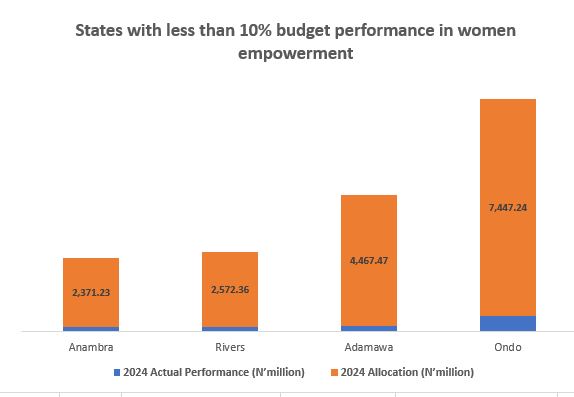Cumulative interest income from fixed income securities of nine Nigerian banks that have released third quarter (Q3) 2017 results spiked by 58.64 percent to N484.46 billion in the three months ended September 2017. This compares with N305.68 billion recorded in the corresponding period of last year.
The banks are: Guaranty Trust Bank (GTBank), Zenith, Access Bank, United Bank for Africa (UBA), First Bank Nigeria Holdings plc, Stanbic IBTC Holdings plc, Sterling Bank, Fidelity Bank, and Wema Bank.
The combined net interest income and similar charges of the nine banks spiked by 23.37 percent to N1.21 trillion in the period under review, due to contributions from interest income from loans and advances and improved yield on government securities.
But analysts see this income stream at risk due to the expected decline in yields on government securities.
“The boost to net interest income may be temporary, as T-Bill yields have reduced in recent weeks, falling to about 15.5 percent from their mid-year levels of just over 18.5 percent, and they may decline further,” according to Fitch Ratings.
The recent drop in T-Bill yields could signal the end of abundant free money for Nigerian lenders and deal a blow to future earnings growth. This will push banks to focus more on their core mandate of lending to the economy in order to maintain their profit margins.
Nigerian government has been issuing T-Bills at a high yield in order to control inflation and raise money to fund capital projects. The Central Bank of Nigeria (CBN) has revealed plans to sell N917.1 billion worth of T-Bills in the next three months ending November 30.
Banks are seeing earnings growth from fixed income securities greatly outpacing income from loans. GTBank’s interest income on T-Bills surged by 132.43 percent to N75.79 billion, while interest income on loans and advances were up 9.25 percent to N153.80 billion as of September 2017.
Zenith Bank’s interest income on T-Bills surged by 125.79 percent to N84.15 billion as of September 2017, while interest income on loans and advances were up 15.61 percent to N241 billion the same period.
UBA’s interest income on T-Bills spiked by 131.75 percent to N47.19 billion in the period under review, while interest income on loans and advances surged by 82.57 percent to N195.26 billion.
FBHN’s interest income on T-Bills spiked by 62.0 percent to N120.11 billion as of September 2016, while interest income on loans and advances were up 15.48 percent to N222.93 billion in the same period.
The move by the Nigerian Finance Ministry to refinance some short-term borrowings with dollar loans should move banks away from an unhealthy focus on fixed income securities, according to Greg Davis, group CFO at Ecobank.
“Moving offshore will help banks do their jobs and move exposure from the short end to the long end,” Davis said at a conference in London at the weekend.
Analysts say lenders should look for other opportunities to grow income.
“What I expect them to do now that yields are falling is look for other means to grow lending,” Tajudeen Ibrahim, head of research at Chapel Hill Denham Limited, said.
“Banks were lending when the economy was good but they stopped lending when the economy was bad, which explains their appetite for T-Bills because of its attractive yield,” he said.
Data compiled by BusinessDay have validated Ibrahim’s view that banks are making money from T-Bills whereas loans to critical sector of the economy are ebbing.
The cumulative total loan and advances to customers of the nine banks that have released their Q3 report dipped by 3.05 percent to N11.85 trillion as of September 2017.
“Lending opportunities have been constrained by weak economic growth, continued soft oil prices and sluggish consumer demand. High cash reserve requirements (CRRs) on naira deposits, currently set at 22.5 percent, are also a constraint on lending,” Fitch said.
BALA AUGIE







